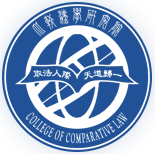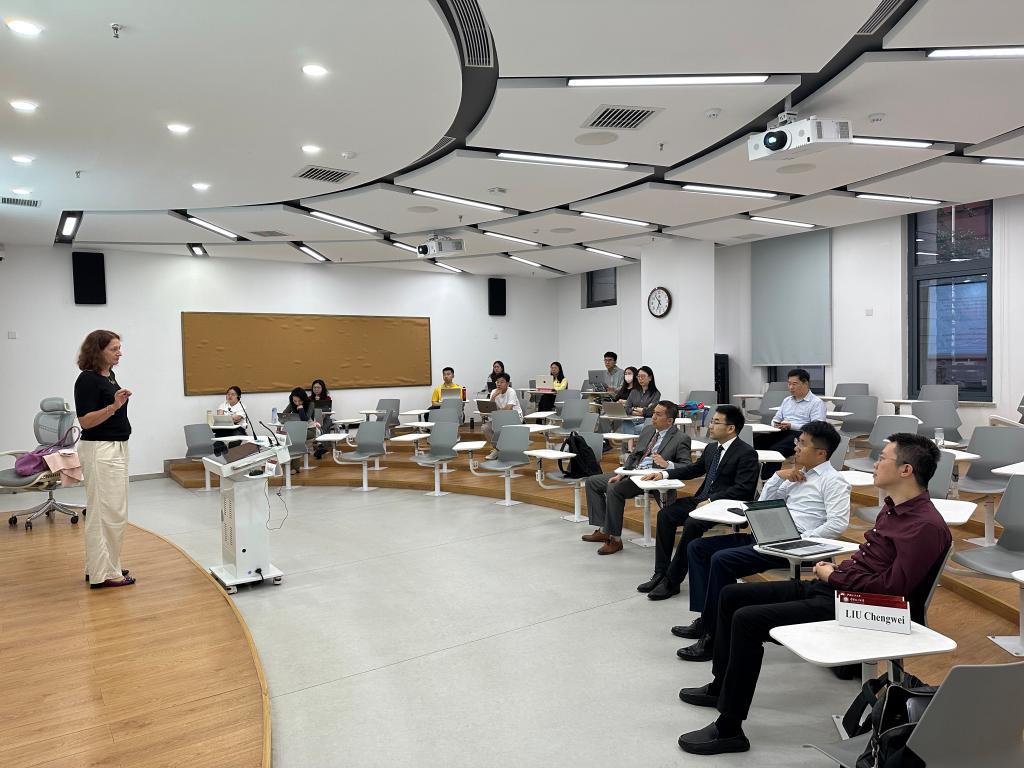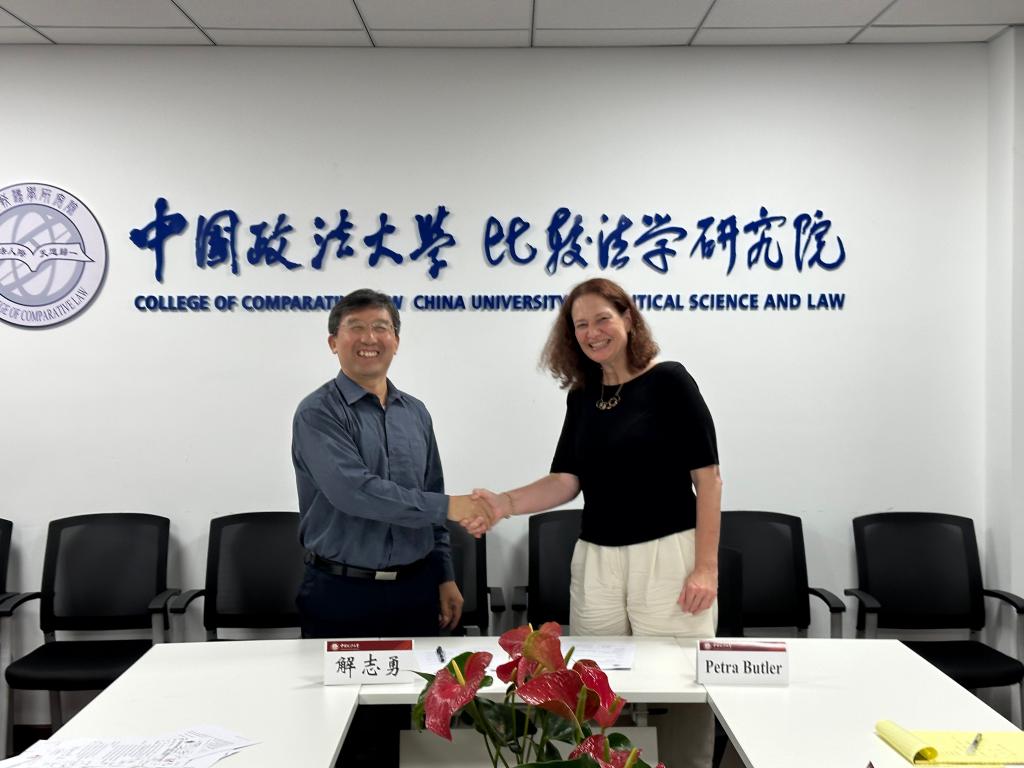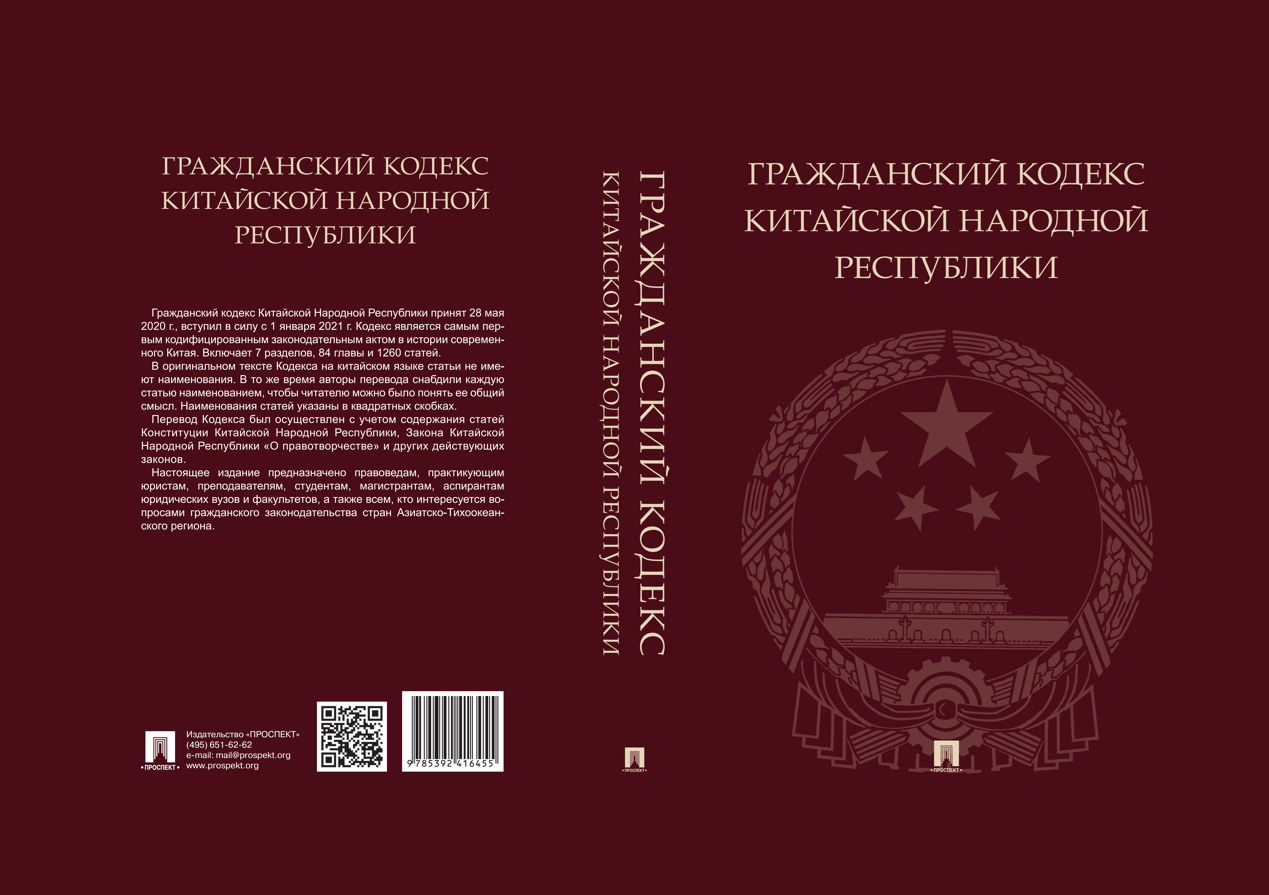The Institute of Sino-Italian Law and Roman Law of the College held its first Sino-Italian and Roman Law Academic Salon in B215 Research Building on Xueyuanlu Campus on the morning of 27 Dec, 2019.
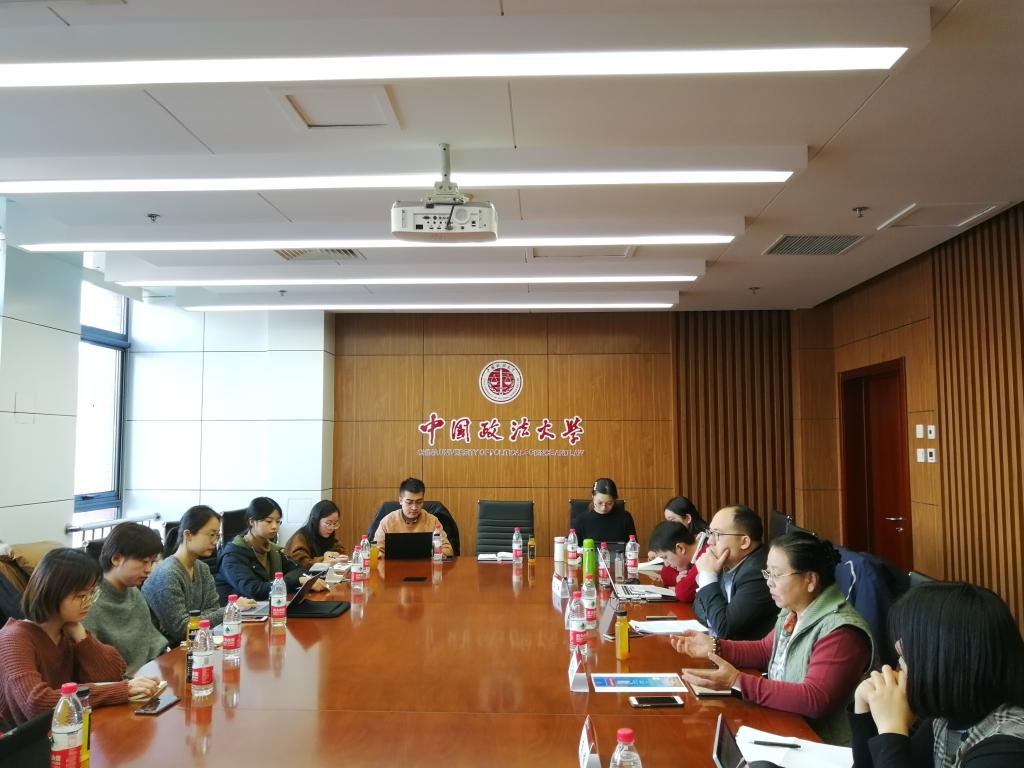
The theme of this salon was the Legal Act with Term. The talk was given by Deputy Director of Academic Affairs & Associate Professor at the College Zhai Yuanjian. Director of the Institute of Italian and Roman Law Prof. Fei Anling moderated the salon. Dr. Li Mei from the College and Dr. Li Lin from the School of Juris Master of CUPL participated in the talk.
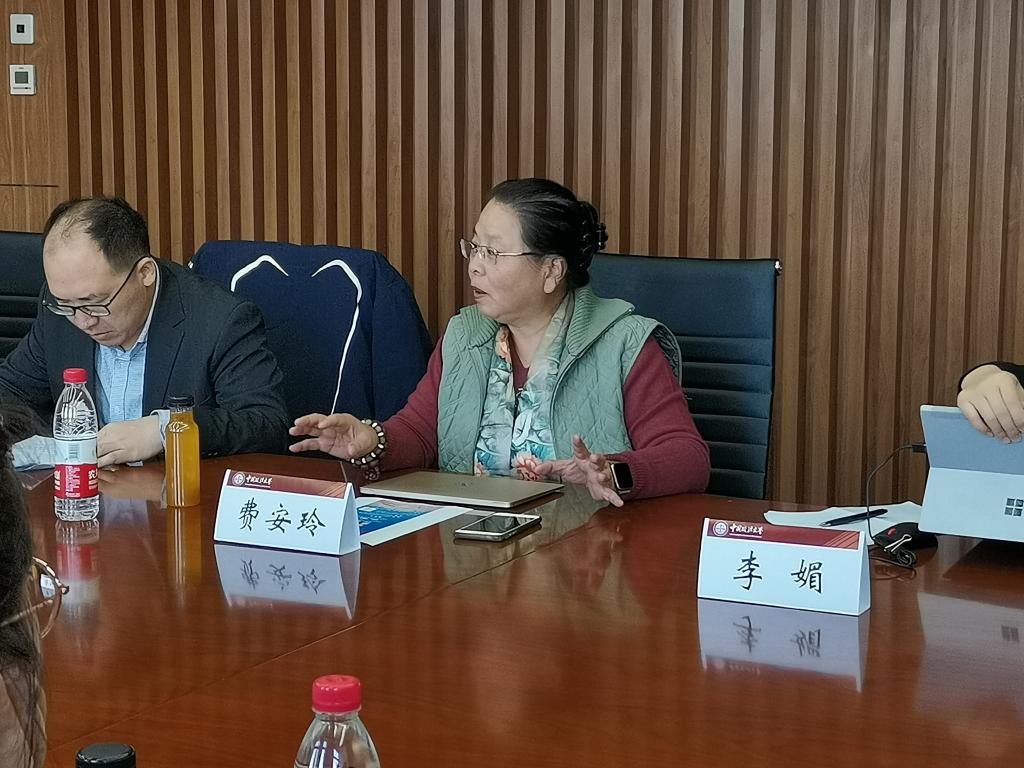
At the beginning of the salon, Fei Anling introduced that the aim of this series of academic salons is to create a platform for teachers and students to communicate with each other in their spare time. Subsequently, focusing on the theme, Zhai Yuanjian conducted an in-depth explanation and analysis on the attached term of legal conduct.
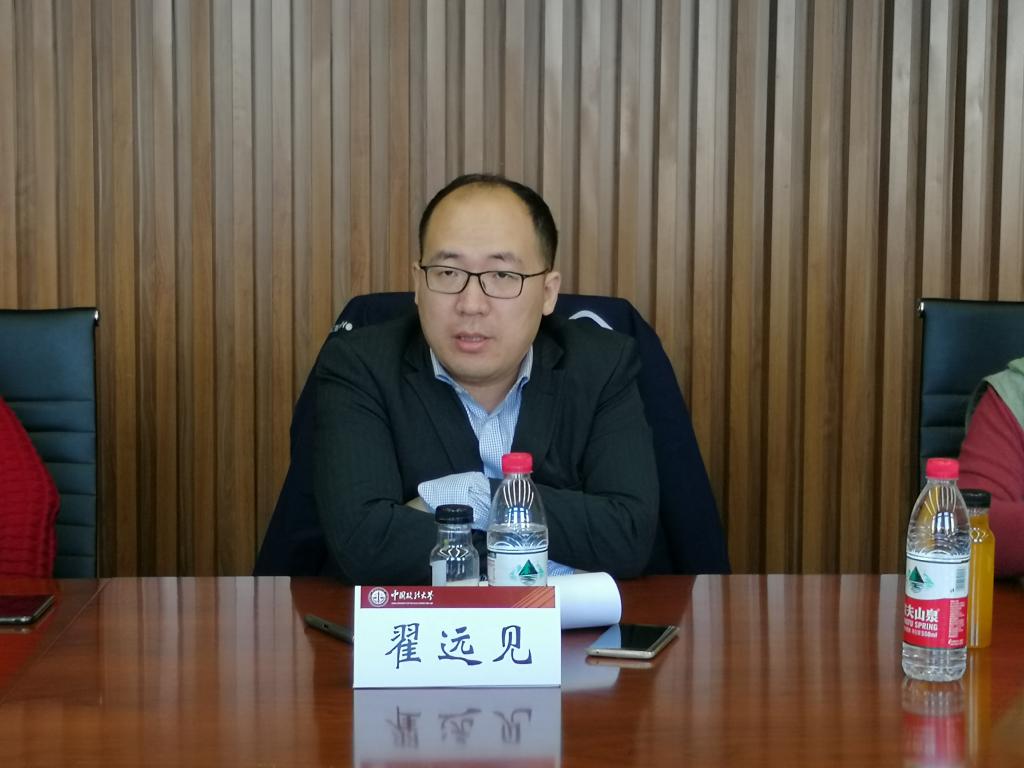
Zhai first introduced the normative intention of legal act with term, that is, as a supplementary clause of the legal act, the legal act with term is intended to urge the parties to pass the agreement and the effect of a legal act is tied to a fact that is going to occur in the future. Secondly, Zhai analysed the attributes and characteristics of the term in order to achieve a clear distinction between term and condition. He also referred to the need to seek the bona fide intention of the parties to a contract in accordance with the rules of interpretation of expressions of will. Then, Zhai elaborated on the legal classification and academic classification of the legal act with term, and the legal act without time limit was discussed in detail. At the same time, he also introduced the statutes on legal act with term in Italy, Germany and other countries to the audiences and inspired them to think deeply. Finally, Zhai explained the validity of legal acts with term and the burden of proof according to the General Principles of the Civil Law of the People's Republic of China, the Opinions on the Principles, the General Provisions of the Civil Law and the Contract Law.
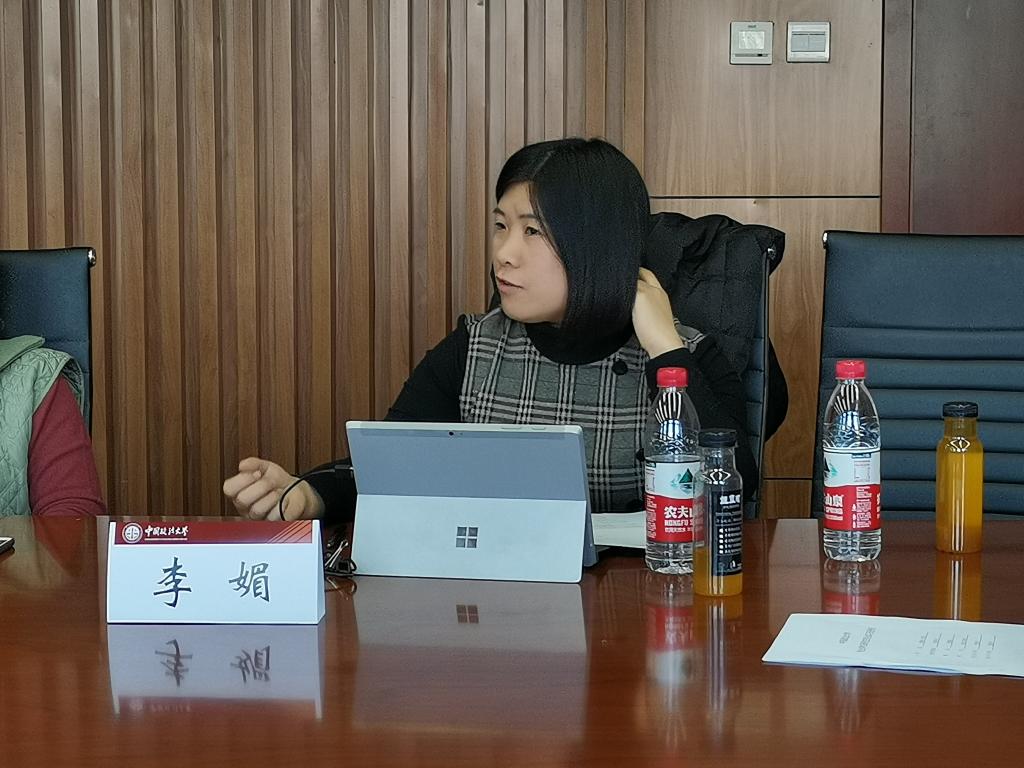
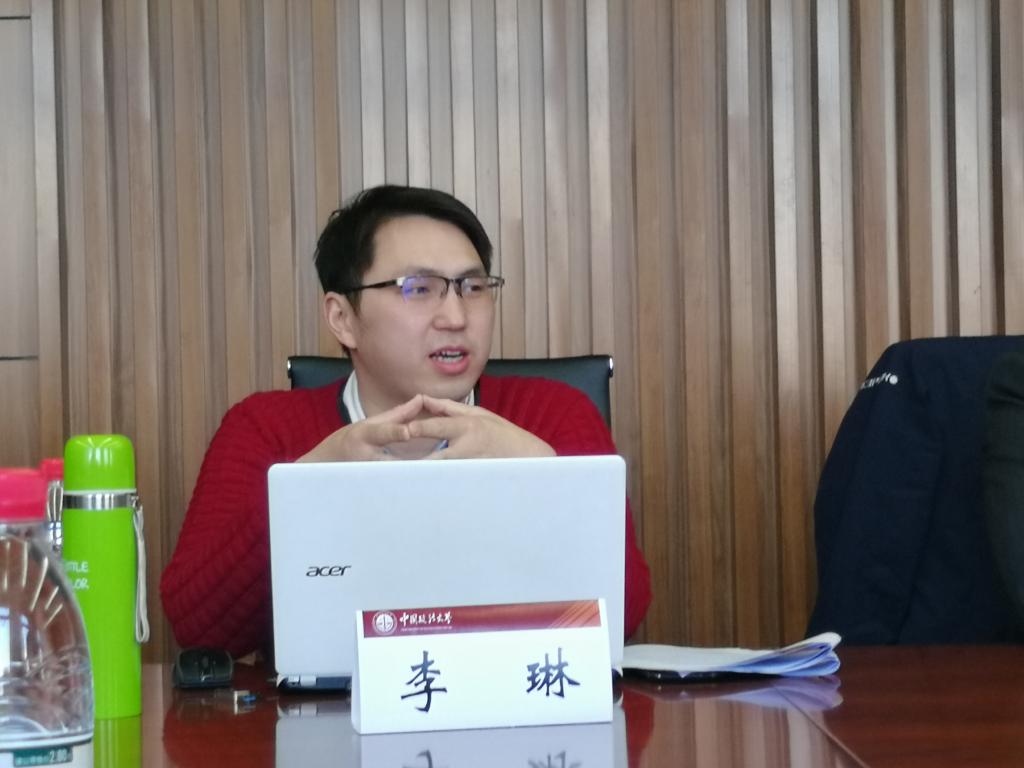
During the discussion, Li Mei raised questions on the claim that the appointment of the will of the heirs cannot be attached to the term while bequests can be attached to the term. Zhai explained the difference with “inside and outside difference” that the main purpose of this distinction is to avoid property becoming unowned property. Li Lin raised the question of what state the binding force of the contract is in when the contract has been established but has not come into effect, and caused the students to think about the right of expectation. In addition, the students and teachers also discussed the issue of ownership repurchase.
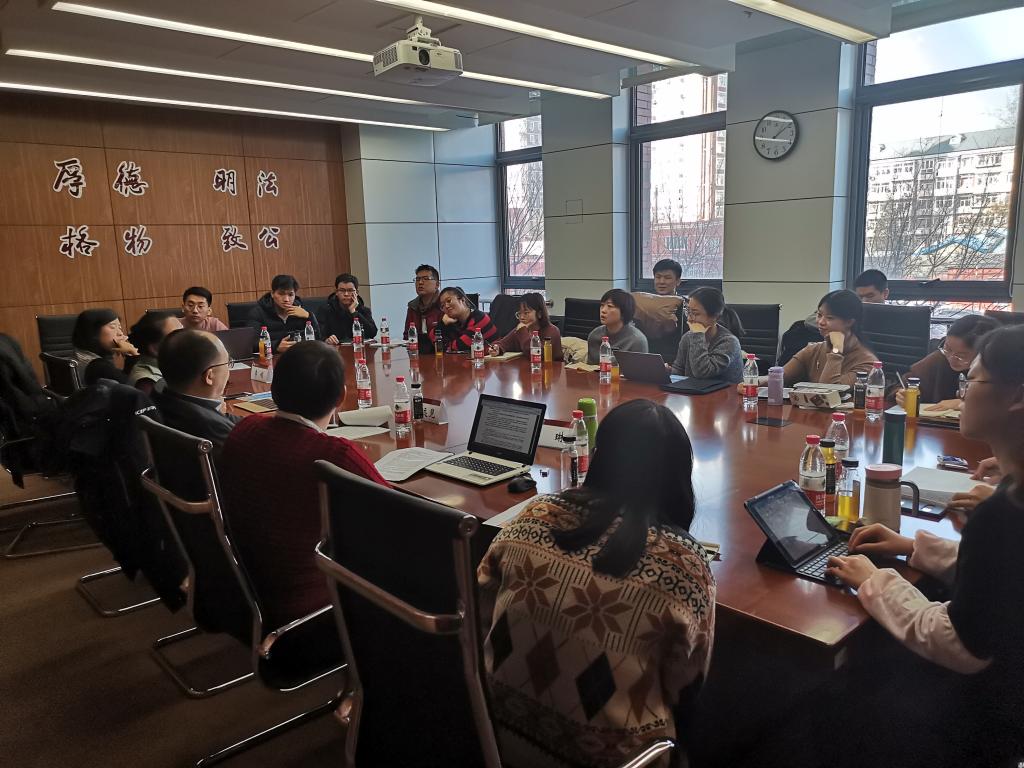
After two hours of in-depth discussion, the students had a deep understanding of the Legal Act with Term; at the same time, the talk also provided them with a solution and approach under the perspective of comparative law to deal with the problems of legal act with term in practice.





